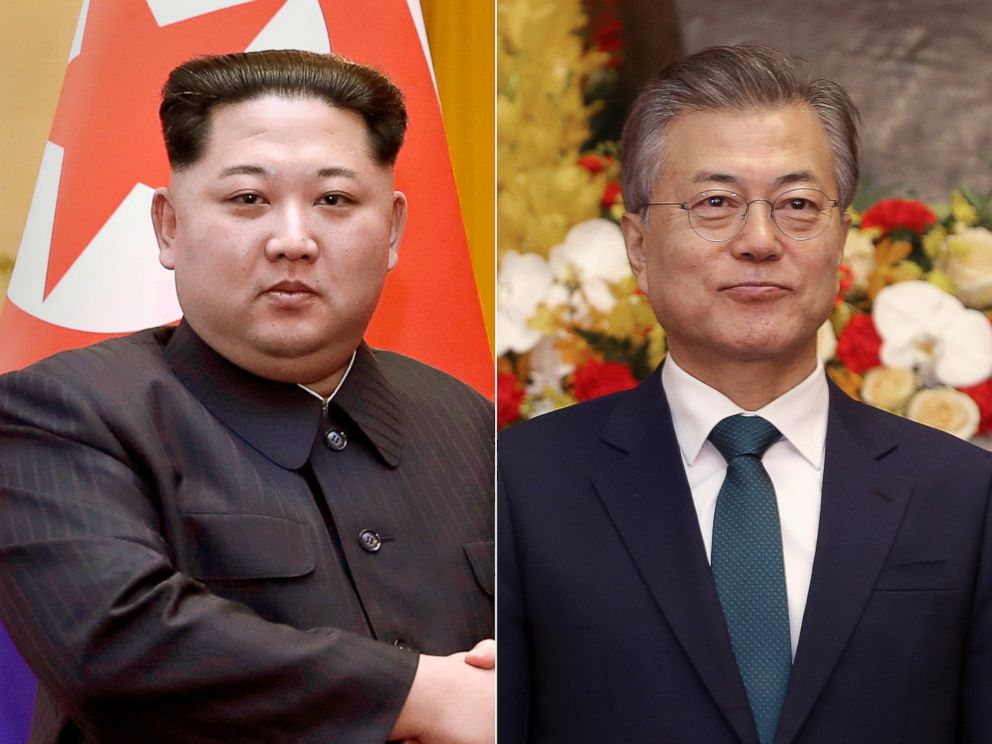JAPANESE, S. KOREANS DOUBT N. KOREA WILL DENUCLEARIZE
Download PDF :


Japan News (06 July 2018)
Eighty-three percent of Japanese respondents and 66 percent of South Korean respondents do not think the complete denuclearization of North Korea will be realized in the near future, according to a joint survey by The Yomiuri Shimbun and The Hankook Ilbo, a South Korean newspaper.
The survey also found that 59 percent of Japanese respondents had a favorable assessment of the first-ever U.S.-North Korea summit talks, compared to 83 percent who felt that way in South Korea.
The survey was conducted via telephone on June 22 to 24, following the June 12 U.S.-North Korea summit meeting between U.S. President Donald Trump and North Korean leader Kim Jong Un.
With the realization of the inter-Korean summit on April 27 and the U.S.-North Korea summit, the situation on the Korean Peninsula has been changing dramatically. However, the survey brought to the fore differences in opinion between South Korea, which expects a detente with Pyongyang, and Japan, which cannot shake off a sense of caution against North Korea.
Seventy-one percent of Japanese respondents said the complete dismantlement of all the North’s nuclear weapons must be a requirement for easing economic sanctions against North Korea. The corresponding figure in South Korea stood at 55 percent.
In South Korea, 44 percent of respondents would accept the easing of economic sanctions in a phased manner in tandem with progress in Pyongyang’s efforts to dismantle its nuclear weapons. However, only 26 percent of Japanese respondents gave this answer.
As to which country they felt posed a military threat, with multiple answers allowed, 77 percent of Japanese respondents answered North Korea, down from 88 percent in the previous survey in 2017, while 49 percent of South Korean respondents chose North Korea, down from 77 percent in the 2017 survey.
The large decrease in South Korea appears to result from North Korea holding dialogue with South Korea and the United States, easing military tensions.
Asked whether “dialogue” or “pressure” should be prioritized to make North Korea abandon its nuclear and missile development, the percentage of respondents who selected “dialogue” increased in both Japan and South Korea.
In Japan, the percentage of those who said “dialogue” was 46 percent, the same as those who answered “pressure.” In the previous survey, 41 percent chose “dialogue,” while 51 percent chose “pressure.”
In South Korea, 60 percent replied “dialogue,” up from 44 percent in the previous survey, and 20 percent answered “pressure,” down from 30 percent in the previous survey.
Regarding the current Japan-South Korea relationship, 33 percent of Japanese respondents thought it was “good,” compared to 26 percent in South Korea. These percentages showed an increase of more than 10 points both in Japan and South Korea.
http://the-japan-news.com/news/article/0004560092

 JAPANESE, S. KOREANS DOUBT N. KOREA WILL DENUCLEARIZE
Asia - Pacific
06.07.2018
JAPANESE, S. KOREANS DOUBT N. KOREA WILL DENUCLEARIZE
Asia - Pacific
06.07.2018




























